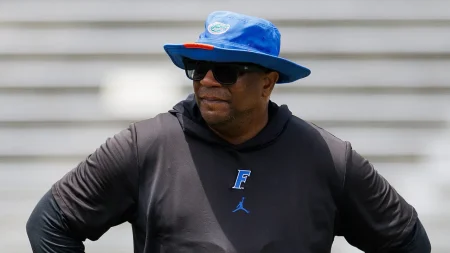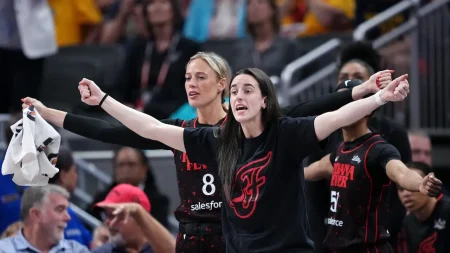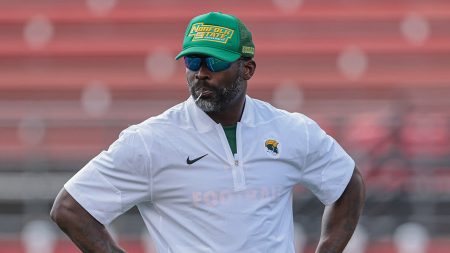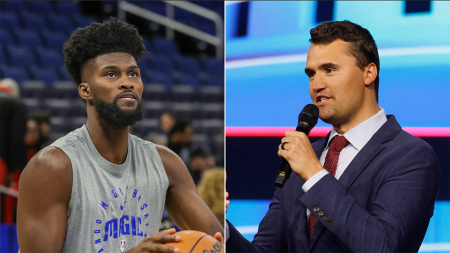The United States men’s national soccer team beat Mexico 2-0 in a Nations League match, but the game was overshadowed by homophobic slurs directed at US goalkeeper Matt Turner by Mexican fans. Former USMNT player Alexi Lalas criticized the discriminatory chanting and suggested that stopping the game as a punishment rewards the bad behavior of the crowd. One suggestion was to award a goal to the opposing team if such chants occur, but Lalas argued that this would give offenders in the stands power to influence the game. The referees were forced to stop play to address the chants during every goal kick, despite warnings over the PA system. Similar incidents occurred in last year’s semifinal matchup between the two countries.
CONCACAF released a statement condemning the discriminatory chanting during the Nations League Final and revealed that security staff ejected a significant number of fans while the referee and match officials activated the FIFA protocol. The organization has been running a campaign to urge fans to stop the offensive chants, and they expressed disappointment that the situation persists. They emphasized the importance of supporting teams positively and respecting all participants in the game, especially as the next two years present opportunities to grow the sport in the region. It is unclear if Mexico will face any punishment from CONCACAF for the incident, as the offenders were fans rather than the team itself.
In the actual game, USMNT captain Tyler Adams scored a remarkable goal from outside Mexico’s 18-yard box to give his team the lead. Giovanni Reyna added another goal in the 63rd minute to secure the victory for the United States. The USMNT will now prepare for their next match against Colombia in June. Despite the on-field success, the focus has been on the issue of homophobic slurs from the fans, and the response from CONCACAF and others in the soccer community. The incidents highlight the ongoing problem of discrimination in sports and the need for continued efforts to address and prevent such behavior in the future to ensure a respectful and inclusive environment for all participants.













